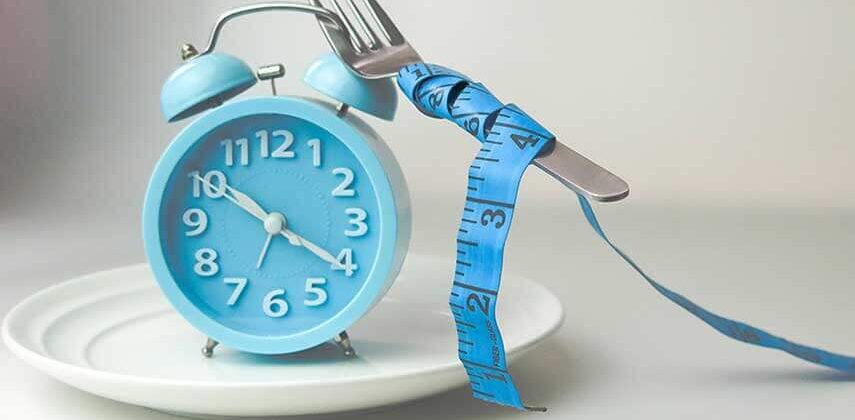We eat to live. However, sometimes our primary sources of subsistence are the ones that bring illnesses and disorders. Almost every person wants to live longer and do this, we start with the most basic things – exercise and weight reduction.
One of the effective means to lose weight is intermittent fasting. While it is quite hard to deprive yourself of the necessities of life, nutritionists devised some methods to stay fit while indulging in appetizing foods. As the name implies, this fasting ritual is not followed on a day-to-day basis but rather on occasional and repeated instances.
By applying the concept of “small frequent meals”, people who came up with the idea of intermittent fasting. It believed that feeding the body of small quantities of foods several times (around two to four-hour intervals) will stimulate the body’s metabolism to burn more calories. That is tantamount to saying that for the whole day, a human body is burning fat.
The Idea of Intermittent Fasting
This weight loss program is not just an assumption of people who are dying to trim down their bellies. There are many scientific ideas that could back up the claims that it will cut down your stored fats, making you healthier and helping you increase life expectancy.
Studies showed that the low-calorie diet served to experimental mice on every-other-day basis increased the life span and health of the animals. This experiment was carried out on other life forms such as worms, monkeys, fruit flies, and the result is constant.
Downfalls of Fast Now Feast Tomorrow
It is quite hard for the body to withstand several hours without food intake.
Below is a list of some things you should look after in case you want to engage in fasting.
- Your intake of nutrients, vitamins, and mineral will be reduced when you skip meals.
- There is a high possibility that you will crave so much for food.
- Overeating on your “cheat day” may happen since you feel that you have been deprived of food.
Fasting for a Better Life
- Bad and LDL cholesterol concentrations in the body are greatly reduced.
- Significant loss of total body mass is attained.
- Without the fats blocking the blood vessels, fluid circulation is optimized.
- Fasting fights signs of aging.
- The diet method reduces chances of acquiring diabetes, heart diseases, asthma and cancers.
- Metabolism is positively affected in such a way that normal body functions will be carried out.
- Limiting your calorie intake every other day will boost your health and life span.
Many religions in the world have their own versions of fasting. When you hear about fasting, the first thing that might pop into your head is that it is plainly about the emulation of Jesus’ abstinence from food while he is in the mountains to meditate.
If you are planning to follow this weight reduction scheme, you should employ basic precautions. For best results, couple fasting with physical fitness and proper diet.
During the days that you are privileged to eat, be sure that you are consuming the right kinds of foods and take them slowly to regulate food consumption and maximize indulgence.







 This article changed my life!
This article changed my life! This article was informative.
This article was informative. I have a medical question.
I have a medical question.
 This article contains incorrect information.
This article contains incorrect information. This article doesn’t have the information I’m looking for.
This article doesn’t have the information I’m looking for.